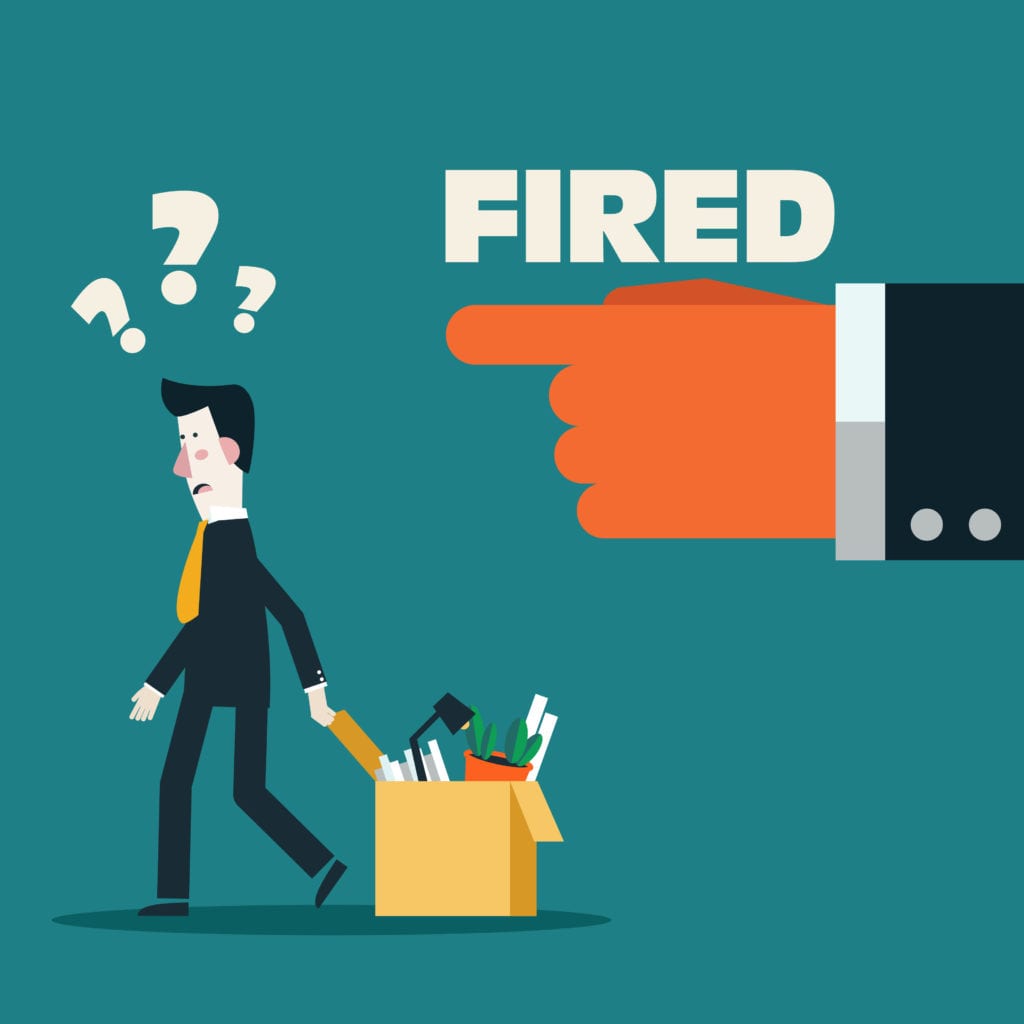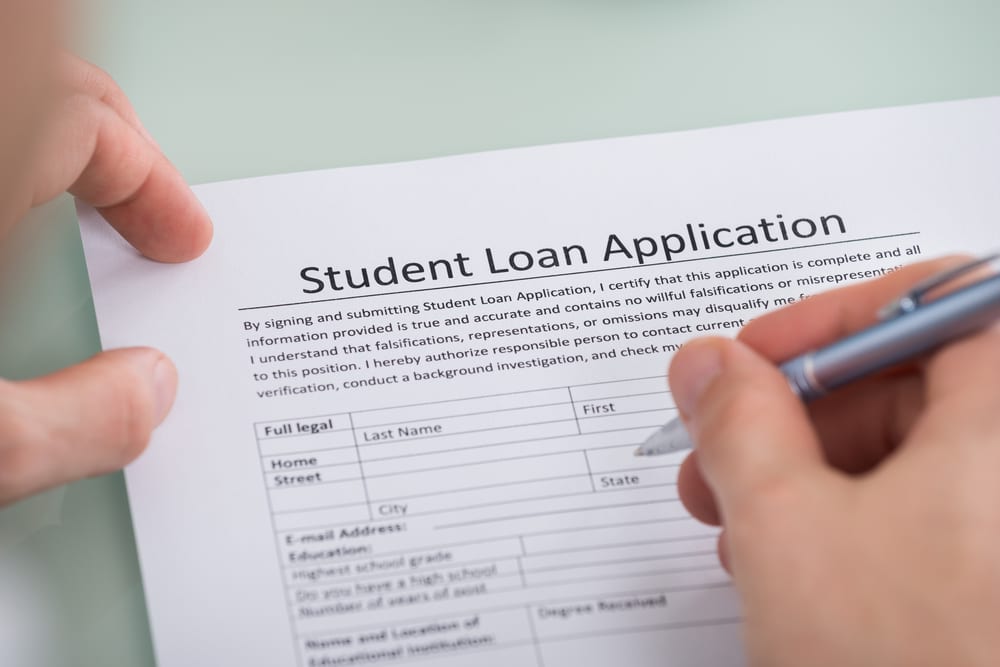How to Avoid Financial Destruction


As long as you can remember, you have been told the worst thing you can do financially is file for bankruptcy. An entire cottage industry of bankruptcy-avoidance tactics has formed around this persistent belief. The following article is an overview of the main bankruptcy-avoidance tactics, and what you have not been told about the negative consequences these tactics bring about. People are afraid they will be ruined if they file for bankruptcy. They then go about engaging in alternative techniques which causes the ruin they were trying to avoid.
Many so-called financial experts recommend you get a home equity loan or a home equity line of credit to pay off your credit cards. The thinking goes that instead of paying anywhere from 18% to 31% interest on your credit cards, you could instead pay much lower interest on a home equity loan or a home equity line of credit. The current interest rate on such loans is approximately 5.64%. There are “intro rates” about half this amount which are designed to draw you in, but they expire after a time and the interest rate roughly doubles. Here is the problem: You have taken what was “unsecured” debt, and tied it into your house. Now, if you get to a point where you cannot make the payments you could lose your home to foreclosure.
Another popular tactic is to do a balance-transfer on your credit cards. The typical scenario is to take the debt on a higher-interest credit card issued by a bank, and transfer the debt to a lower-interest credit card issued by a credit union. Again, the “bait” for doing this comes in the form of an “intro rate” lasting up to one year or more. Even when the “intro rate” ends, the interest rate still usually remains lower than the interest rate on the original credit card.
Here is the problem: If you had trouble paying the debt on a credit card issued by a bank, you could have negotiated the debt with the bank. I have seen banks write down up to 60% of the debt. But after you transfer the debt to a credit card issued by a credit union, debt negotiation is no longer a possibility because credit unions do not negotiate debt.
Another variation of the above tactic is to get a personal loan to pay down the balance on a credit card. Again, many of the most attractive loan terms are given by credit unions. In addition to cutting off the possibility of negotiating the debt, personal loans tend to be offered to existing credit union customers. When you owe money to a credit union which holds your funds on deposit, it has the ability in certain circumstances to offset the funds on deposit in your checking and savings accounts. If something goes wrong, the credit union may be able to walk right in and wipe out all the money you have.
Additionally, in certain circumstances the credit union can cross-collateralize. This means the credit union can take unsecured debt you owe it, and tie it into secured debt you owe the credit union such as an automobile loan. Now, if you run into trouble and cannot pay the personal loan you may lose your vehicle.
Some people increase the allowances on their W-4’s to get more money in their paychecks in an attempt to pay down the balance on credit cards. I recently had a consultation with a man who has a household size of one but increased his allowances to nine. For about one year he thought it was working, until he was hit with a big income tax bill at the end of the tax year. Had he filed for bankruptcy he could have eliminated all his debt. Now, he has an income tax obligation which in his case could not be discharged in bankruptcy because it was incurred within less than three years prior to filing for bankruptcy. For more information on when income tax debt is and is not dischargeable, please see my article entitled, What kinds of Debts are Dischargeable in Bankruptcy.
Last but certainly not least is the payday loan, whereby you get a short-term loan to be repaid at your next payday. This can create a “hamster-wheel” effect when you use the next paycheck to pay off the loan, and now have no money to live on. Because you have no money to live on, you get another payday loan to tide you over until your next paycheck. The interest rate can appear reasonable to a consumer as a stand-alone debt. But many consumers of payday loans become trapped in a cycle of repeated payday loans on every pay cycle, the collective effect of which can add up to 400% interest annually on the amounts borrowed.
The irony of these and other bankruptcy-avoidance tactics is they tend to bring about the very financial devastation you were trying to avoid. In appropriate circumstances, the bankruptcy process can help you eliminate your debt, retain your possessions, draw a line under your financial problems, and start living your life again. The above information is not intended to be used as legal advice. If you are considering filing for bankruptcy the best thing to do is call our office at 248-557-3645 and schedule a free consultation with our bankruptcy attorney so you can receive advice which is tailored to your unique financial circumstances.
304




